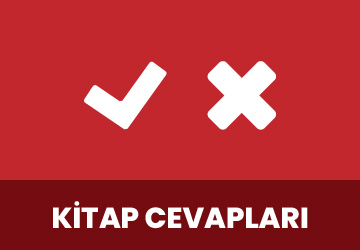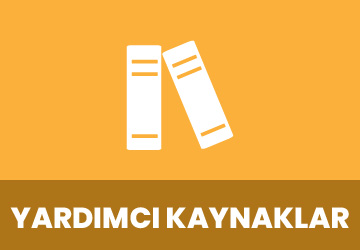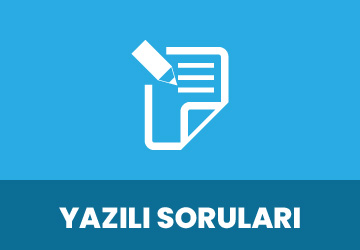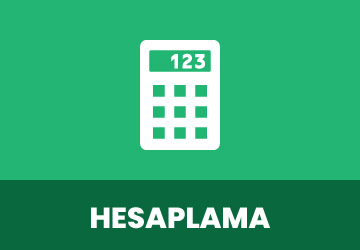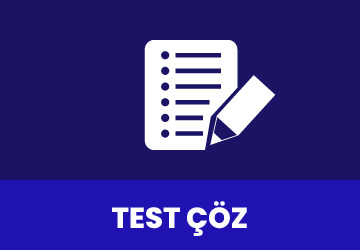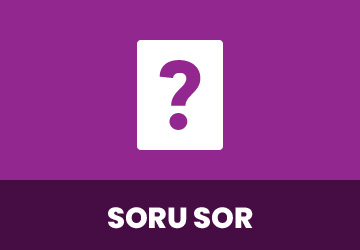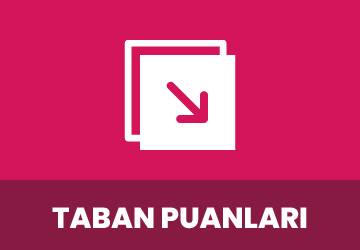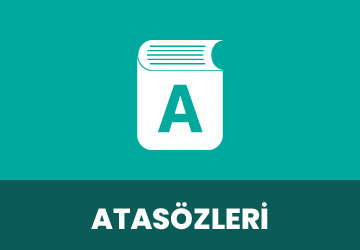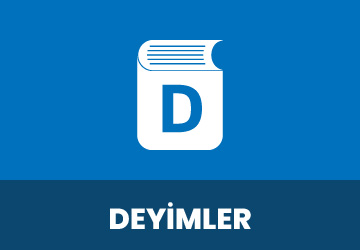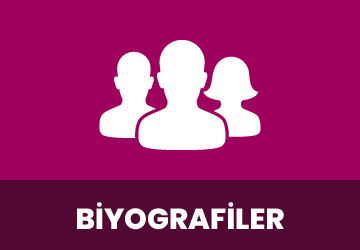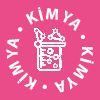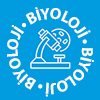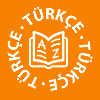
İngilizce Meb Yayınları Yes You Can B1.1 Ders Kitabı Sayfa 125 Cevabı
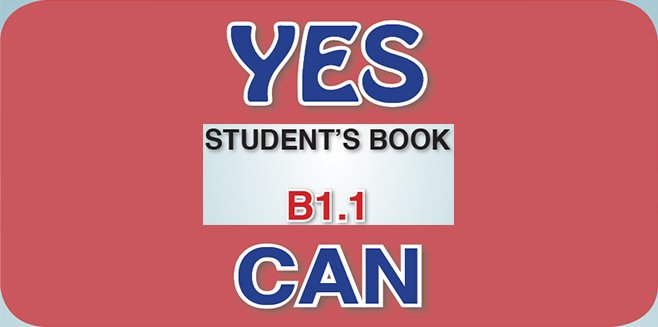

İngilizce Meb Yayınları Yes You Can B1.1 Ders Kitabı Sayfa 125 Cevabı
2017 – 2018 Eğitim Öğretim dönemiyle beraber pek çok ders ve çalışma kitabı değişti. Değişen ders kitaplarından biri de “İngilizce Meb Yayınları Yes You Can B1.1 Ders Kitabı Cevapları” oldu. Kitabı incelediğimizde ise Devrim ÖZBEK, Hatice KUMRAL, Sevinç ÖRER tarafından 132 sayfa olarak kaleme alındığını görüyoruz. Kitapta görseller ön plana çıkarılmış ve görsel tasarım ise Beyza DİRİK, Zafer HAŞİMOĞLU tarafından yapılmış.
“İngilizce Meb Yayınları Yes You Can B1.1 Student’s Book Sayfa 125 Cevapları“nda önce sorular yazıldı daha sonra cevaplar verildi.
SORULAR
*confirm that something is true or not, or
*to encourage a reply from the person we are speaking to.
Question tags are formed with the auxiliary or modal verb from the statement and the appropriate subject.
A positive statement is followed by a negative question tag.
Jack is from Spain, isn’t he?
Mary can speak English, can’t she?
A negative statement is followed by a positive question tag.
They aren’t funny, are they?
He shouldn’t say things like that, should he?
When the verb in the main sentence is in the present simple , we form the question tag with do / does. You play the guitar, don’t you?
Alison likes tennis, doesn’t she?
If the verb is in the past simple, we use did.
They went to the cinema, didn’t they?
She studied in New Zealand, didn’t she?
When the statement contains a word with a negative meaning, the question tag needs to be positive. He hardly ever speaks, does he?
They rarely eat in restaurants, do they?
Some verbs / expressions have different question tags.
For example:
I am – I am attractive, aren’t I?
Positive imperative – Stop daydreaming, will/won’t you?
Negative imperative – Don’t stop singing, will you?
Let’s – Let’s go to the beach, shall we?
Have got (possession) – He has got a car, hasn’t he?
There is / are – There aren’t any spiders in the bedroom, are there?
This / that is – This is Paul’s pen, isn’t it?
B- *FUTURE CONTINUOUS TENSE
Future progressive indicates continuing action, something that will be happening, going on, at some point in the future. This tense is formed as:
Subject + will + be + Ving…………….
For example: I will be running in next year’s Boston Marathon.
Generally, progressive forms occur only with what are called dynamic verbs and not with stative verbs. Rule:
+
I
will
be
working at 10am.
+
You
will
be
lying on a beach tomorrow.
–
She
will not
be
using the car.
–
We
will not
be
having dinner at home.
?
Will
you
be
playing football?
?
Will
they
be
watching TV?
Subject + will in short form
I will= I II / We will=We’ll / They will=They’ll / You will= You’ll /
He will=He’ll / She will=She’ll / İt will=lt’ll will not = won’t
We sometimes use shall instead of will, for I and We.
Some more examples:
By this time tomorrow night, I will be sleeping in my own bed.
Next Autumn, we will be enjoying all the vegetables we planted last Spring. Will we be spending too much money if we buy that big-screen TV?
İngilizce Meb Yayınları Yes You Can B1.1 Ders Kitabı Sayfa 125 Cevabı

